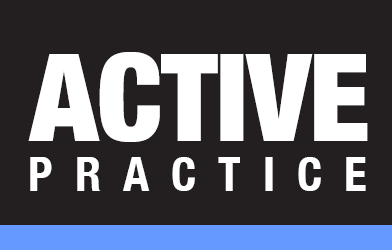Endorsements and Testimonials
On October 5, 2009, the Federal Trade Commission announced that it has approved final revisions to the guidance it gives to advertisers on how to keep their endorsement and testimonial ads in line with the FTC Act. The notice incorporates several changes to the FTC’s Guides Concerning the Use of Endorsements and Testimonials in Advertising, which address endorsements by consumers, experts, organizations, and celebrities, as well as the disclosure of important connections between advertisers and endorsers. The Guides were last updated in 1980.
The revised Guides also add new examples to illustrate the long standing principle that material connections (sometimes payments or free products) between advertisers and endorsers - connections that consumers would not expect - must be disclosed. These examples address what constitutes an endorsement when the message is conveyed by bloggers or other "word-of-mouth" marketers. The revised Guides specify that while decisions will be reached on a case-by-case basis, the post of a blogger who receives cash or in-kind payment to review a product is considered an endorsement. Thus, bloggers who make an endorsement must disclose the material connections they share with the seller of the product or service.
The above language is taken directly from the FTC website: http://www.ftc.gov/opa/2009/10/endortest.shtm
These changes apparently apply to anyone who receives free or discounted products or services and then writes or talks about them. As a technology consultant to attorneys and other professionals, I use and write about hundreds of software products, hardware products and services in the course of a year. My small company cannot afford to pay retail prices for all of the products and services we test, review and use, so we obtain discounts and sometimes free products from vendors in order that we can install, use and speak intelligently about them. We favor some products over others based on our analyses and on our experiences with the products and the vendors. We strive to be impartial but we cannot afford to devote the time and resources that would be necessary to set up an independent testing facility that would give equal time and attention to each product and service we try and to all of the other products and services in the same categories.
Through long-term use and experience, we become more familiar with some products than with others. For example, our consulting business is based on LexisNexis practice management products. We have a national reputation for excellence in consulting on Time Matters and Billing Matters. We have a close relationship with LexisNexis, attending and presenting at regular Webinars and conferences. We receive commissions on the sales of LexisNexis products. By devoting very significant time and energy to LexisNexis practice management products, we are better informed and better able to assist our clients in customizing their software and running their offices. As participants in the LexisNexis practice management consultants program, we receive software licenses and plans at a fraction of their retail prices. We also receive discounts and no-fee reviewer licenses from a wide variety of vendors of products and services.
So please assume that we have a material connection with every vendor of every product and service that we write or talk about. Though we do not receive all products and services for free nor do we receive commissions from all of their vendors, please assume that we do for your purposes in evaluating the products and services that we write and talk about. If you would like information from a source that has no such material connections, we refer you to Consumer Reports at www.consumerreports.org.
We make a serious effort to be accurate, fair and informative whenever we write about products and services. But we cannot claim to be impartial. Constraints on time and resources prevent us from fully testing all products we write about and all of their competitors. We hope you find our opinions and information to be valuable. Please take into account our limitations and our relationships with the vendors of the products and services we use, work with, and write about.




